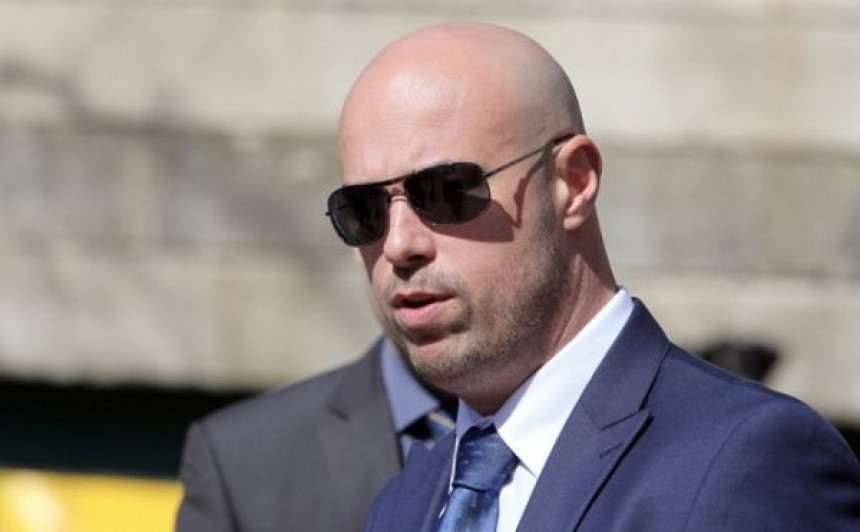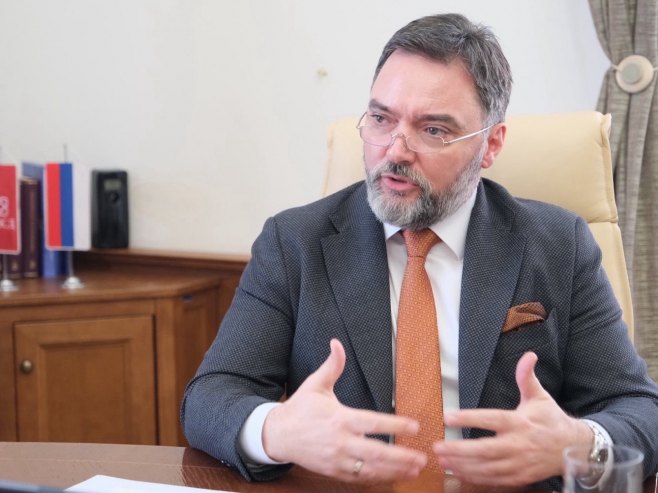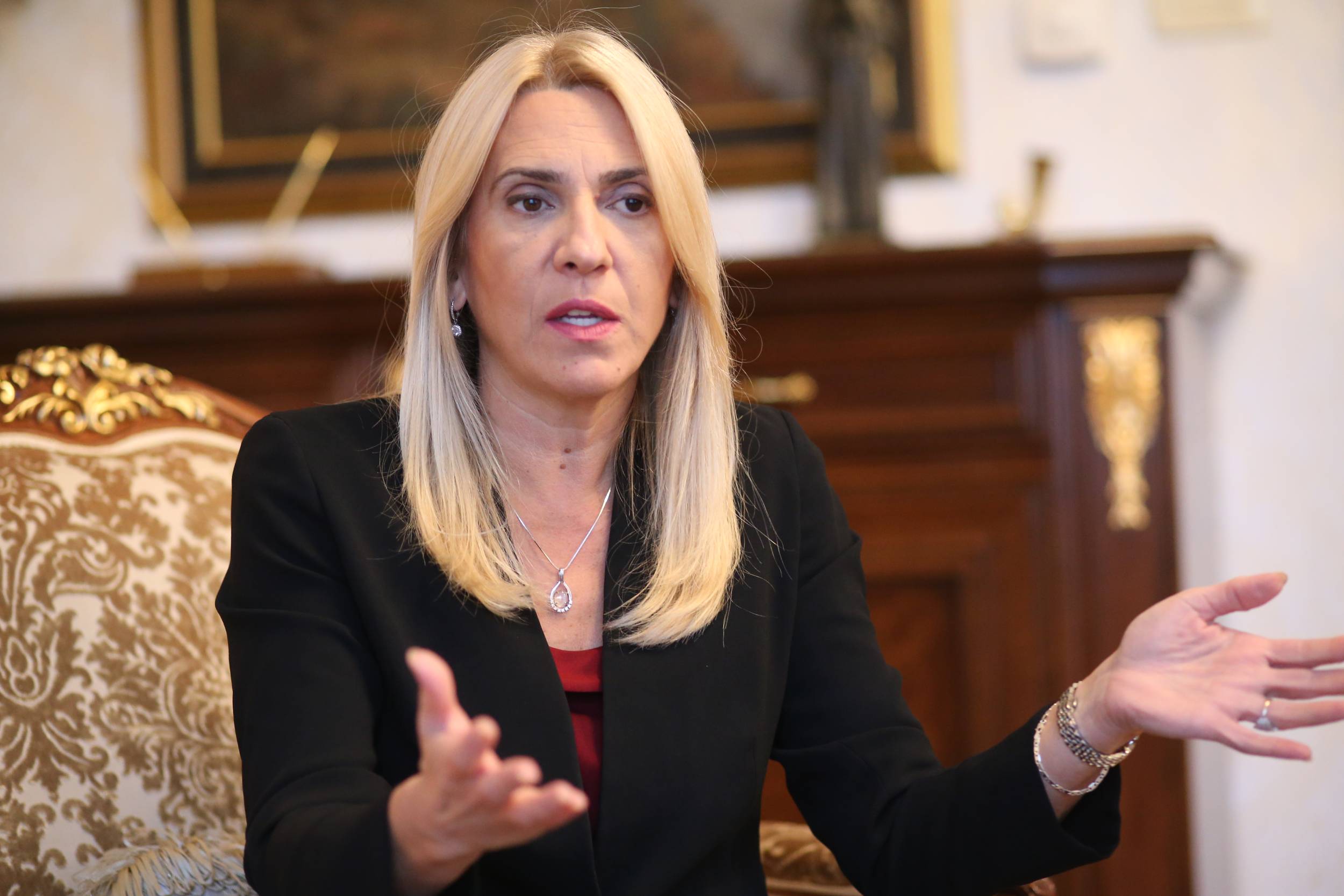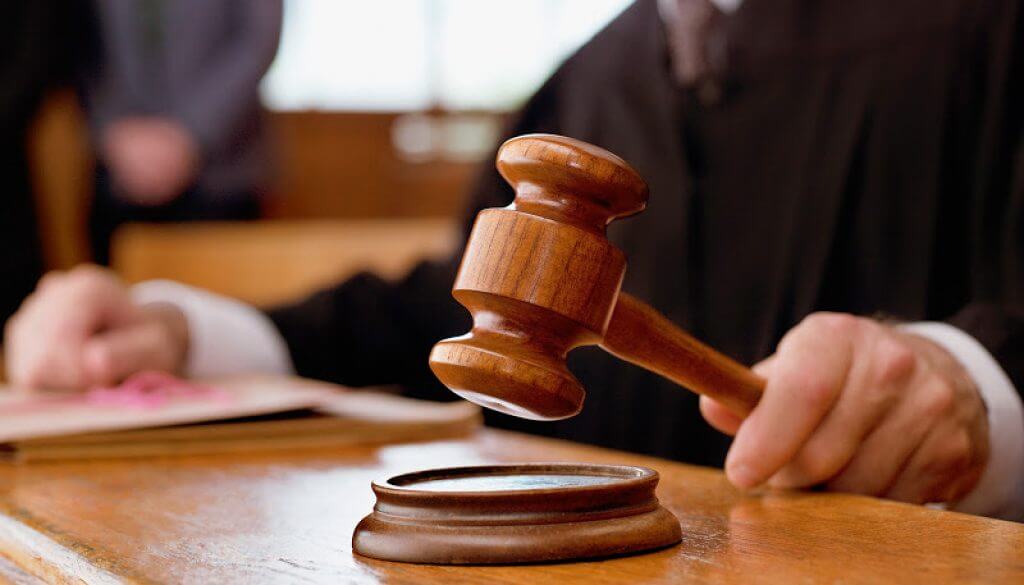A regular semi-annual debate of the UN Security Council on Bosnia and Herzegovina (BiH) was held in New York.
The Chairman of the Presidency of BiH, Denis Bećirović, addressed the session, despite his speech not being agreed upon within the Presidency.
The Serb member of the Presidency, Željka Cvijanović, had previously informed the Security Council that Bećirović would be speaking in his personal capacity, not on behalf of the Presidency or all people in BiH.
In his speech, Bećirović expressed support for Christian Schmidt, accusing the authorities of Republika Srpska of violating the Dayton Agreement and undermining the sovereignty and integrity of BiH.
Schmidt, who is not recognized as the High Representative by Republika Srpska, also addressed the session. Presenting his “report,” he took the opportunity to accuse Republika Srpska and its authorities of undermining the Dayton Agreement.
The ambassadors of Russia and China at the UN pointed out the dangers of Schmidt’s unconstitutional actions and foreign interventionism.
Russian Ambassador to the UN Vasily Nebenzya emphasized that Schmidt does not have a mandate to act as the High Representative and does not have the right to address the Security Council.
Nebenzya stated that Schmidt’s address discredits the UN body, adding that he presents a subjective view of BiH.
Chinese Ambassador to the UN Geng Shuang asserted that decisions about BiH should be made by representatives of the three constituent peoples. He emphasized that the proposed resolution on Srebrenica is not in line with the rhetoric of maintaining peace and stability in the region.
Deputy Ambassador of the US to the UN Robert Wood stated that the stability of BiH is crucial for preventing conflicts and maintaining stability and peace in the region and Europe.
Deputy British Ambassador to the UN James Kariuki said that the people of BiH should choose their own future, and the UK supports the ambition for greater Euro-Atlantic integration of BiH.
Slovenian representative Marko Štucin stated that BiH has made more progress towards the EU in the past few months than in the previous decade, but it is necessary to continue this positive momentum as there is still much work to be done on the path to membership.
Deputy Swiss Ambassador to the UN Adrian Hauri said that the EU’s decision to open accession negotiations with BiH provides an opportunity to accelerate reforms, and he called on all political actors in BiH to engage constructively in genuine dialogue to preserve the country’s unity and stability.
He emphasized that it is crucial for the leaders of all entities in BiH to formulate common interests for their country and its future.
Deputy French Ambassador to the UN Nathalie Broadhurst stated that France advocates for stability in BiH and contributes by participating in the EUFOR Mission “Althea,” which has played a key role in maintaining stability and security in BiH since 2004.
She noted that the situation in BiH “has not significantly changed since the last Security Council meeting two weeks ago.”
The Government of Republika Srpska had earlier submitted its report, with a particular focus on the consequences of the potential adoption of the Srebrenica Resolution in the General Assembly.
Source: RTRS









